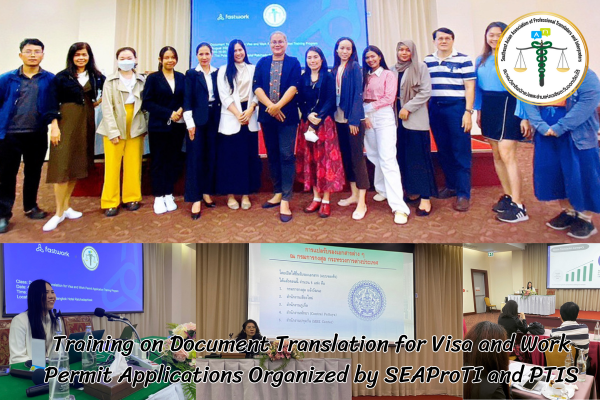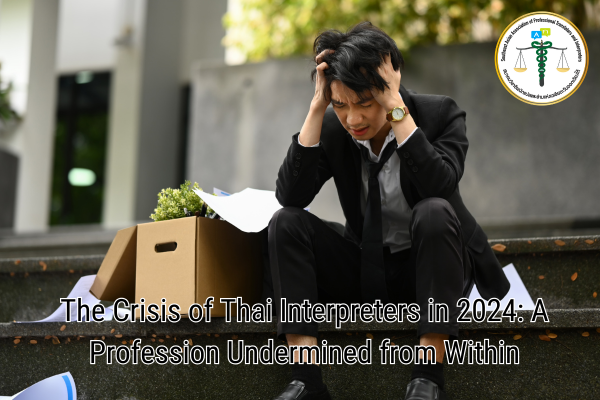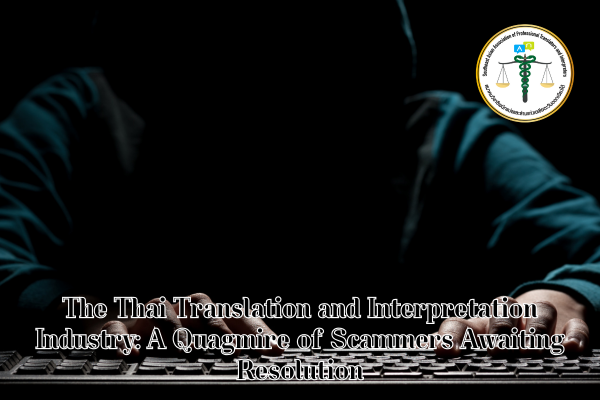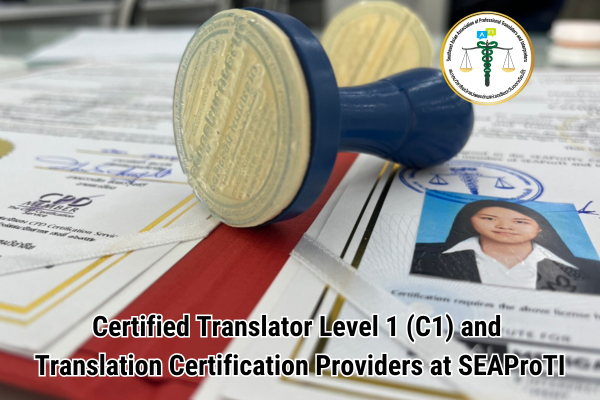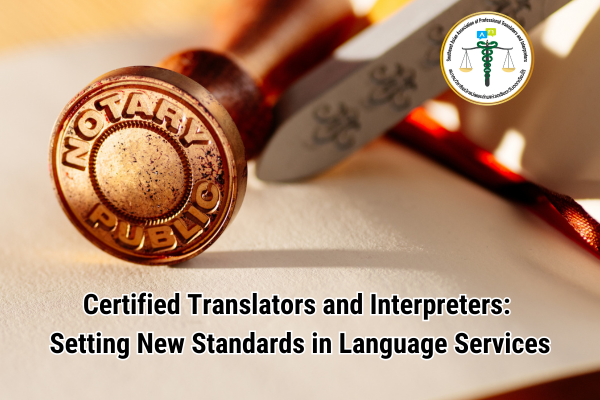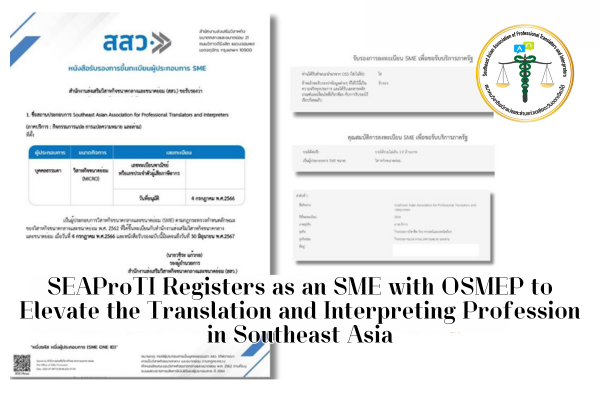Rescission and Severability – When Part of a Contract is Void, but the Agreement Remains in Effect
February 17, 2025, Bangkok – In contract law, there are situations where a party seeks rescission because they did not receive the expected benefits. However, in some cases, courts may not allow rescission of the entire contract if they determine that the problematic provision can be severed from the agreement without affecting its core obligations.
The case Givaudan v. Conagen, decided by the U.S. Court of Appeals for the Second Circuit, serves as an important example of how Term Sheets are interpreted and whether different provisions of an agreement can be severed from each other.
Case Facts
In 2016, Givaudan, a global fragrance and flavor company, and Conagen, a biotech firm, signed a Term Sheet, which included the following provisions:
Givaudan would invest $10 million to purchase Conagen’s stock.
There would be negotiations to grant Givaudan exclusive rights over Conagen’s intellectual property.
Givaudan transferred the funds, expecting further negotiations on exclusivity. However, when these negotiations failed, Conagen immediately issued stock certificates, treating the transaction as final. In contrast, Givaudan believed that no final agreement had been reached and sought to rescind the contract and recover its money.
Legal Issues
The key legal questions in this case were:
- Was the $10 million stock purchase a separate agreement from the exclusivity provision?
- Did Givaudan have the right to rescind the contract and claim a refund?
The court had to determine whether the two provisions were part of a single integrated deal or severable transactions.
Court Ruling
Majority Opinion: “The contract is severable”
The court ruled that the stock purchase was an independent transaction, separate from the exclusivity negotiations. As a result, Givaudan had no right to rescind the contract or reclaim the $10 million.
Key reasons for the ruling:
- The Term Sheet’s structure supported severability
- Each provision was listed separately.
- There was no clause stating that if exclusivity negotiations failed, the stock purchase would be void.
- No refund clause was included
- The Term Sheet did not require a refund if exclusivity talks collapsed.
- The court held that if Givaudan wanted such a clause, it should have been explicitly included.
3. The parties’ conduct indicated acceptance of the stock purchase
- Conagen issued stock certificates immediately after receiving the funds.
- This suggested that both parties treated the stock transaction as complete.
Dissenting Opinion (Judge Menashi): “This was an integrated deal”
Judge Menashi dissented, arguing that Givaudan invested with the expectation of receiving exclusivity rights, making it a single, integrated transaction rather than two separate deals.
Key reasons for dissent:
- Givaudan did not intend to purchase stock alone but expected exclusivity rights as well.
- The Term Sheet was merely a framework for negotiations, not a final agreement.
- The court should have considered the parties’ expectations, not just the language of the Term Sheet.
Lessons from This Case
If a condition is critical, explicitly state it in the contract
- If Givaudan wanted exclusivity to be a prerequisite for the stock purchase, it should have included a clause stating: “If exclusivity is not granted, the investment shall be refunded.”
Severability allows enforceable provisions to remain in effect
- Even though exclusivity negotiations failed, the court upheld the validity of the stock purchase agreement.
- When a contract clause can be severed, rescission will not be allowed.
The absence of a refund clause put Givaudan at a disadvantage
- The court based its ruling on the written contract, not the parties’ subjective expectations.
- To justify rescission, Givaudan needed to prove that the contract could not function without the exclusivity clause.
Conclusion: Understanding Rescission and Severability
- Rescission – Used when an entire contract must be voided, such as in cases of fraud or material breach.
- Severability – Allows courts to remove an invalid provision while keeping the rest of the contract in force.
Key takeaways for businesses and legal professionals:
Do not rely on vague Term Sheets. If negotiations are ongoing, clarify which conditions are binding and which are subject to further agreement.
If you don’t want certain provisions to be severed, include an “Entire Agreement Clause”. This ensures that all provisions are dependent on each other.
When making an investment, clearly define refund conditions. If a deal depends on multiple elements, ensure that the agreement states what happens if one part fails.
The lesson from this case: “Expectations” do not override “contract language.” Courts rule based on written agreements, not assumptions!
SEAProTI’s certified translators, translation certification providers, and certified interpreters:
The Southeast Asian Association of Professional Translators and Interpreters (SEAProTI) has officially announced the criteria and qualifications for individuals to register as “Certified Translators,” “Translation Certification Providers,” and “Certified Interpreters” under the association’s regulations. These guidelines are detailed in Sections 9 and 10 of the Royal Thai Government Gazette, issued by the Secretariat of the Cabinet under the Office of the Prime Minister of the Kingdom of Thailand, dated July 25, 2024, Volume 141, Part 66 Ng, Page 100.
To read the full publication, visit: the Royal Thai Government Gazette
การเลิกสัญญา (Rescission) และหลักความสามารถแยกออกจากกัน (Severability) – เมื่อบางส่วนของสัญญาเป็นโมฆะ แต่สัญญาทั้งฉบับยังคงอยู่
17 กุมภาพันธ์ 2568, กรุงเทพมหานคร – ในโลกของกฎหมายสัญญา มีสถานการณ์ที่คู่สัญญาต้องการ “เลิกสัญญา” (Rescission) เนื่องจากไม่ได้รับผลประโยชน์ตามที่คาดหวัง แต่ในบางกรณี ศาลอาจไม่ยอมให้มีการเลิกสัญญาทั้งฉบับ หากเห็นว่าข้อสัญญาที่เป็นปัญหา สามารถแยกออกจากกันได้ (Severability) และไม่กระทบต่อสาระสำคัญของข้อตกลง
คดี Givaudan v. Conagen ที่ตัดสินโดยศาลอุทธรณ์สหรัฐฯ แห่งเขตที่สอง (US Court of Appeals for the Second Circuit) เป็นตัวอย่างสำคัญของการตีความ Term Sheet และการพิจารณาว่าข้อตกลงที่แตกต่างกันสามารถแยกจากกันได้หรือไม่
ข้อเท็จจริงของคดี
ในปี 2016 Givaudan บริษัทน้ำหอมและรสชาติระดับโลก และ Conagen บริษัทเทคโนโลยีชีวภาพ ได้ลงนามใน Term Sheetซึ่งระบุว่า
- Givaudan จะลงทุน 10 ล้านดอลลาร์ เพื่อซื้อหุ้นของ Conagen
- มีการเจรจาเพื่อให้ Givaudan ได้รับ สิทธิพิเศษเหนือทรัพย์สินทางปัญญา ของ Conagen
ต่อมา Givaudan โอนเงินให้ Conagen และคาดหวังว่าการเจรจาสิทธิพิเศษจะเสร็จสมบูรณ์ แต่เมื่อการเจรจาล้มเหลว Conagen กลับออกใบหุ้นให้ทันที โดยถือว่าข้อตกลงเสร็จสมบูรณ์ ในขณะที่ Givaudan เชื่อว่ายังไม่มีการตกลงสุดท้าย และต้องการ ขอเงินคืนโดยใช้สิทธิเลิกสัญญา
ปัญหาทางกฎหมาย
คำถามสำคัญในคดีนี้คือ
- การซื้อหุ้น 10 ล้านดอลลาร์ เป็นข้อตกลงที่แยกออกจากการให้สิทธิพิเศษหรือไม่
- Givaudan มีสิทธิ์ขอเลิกสัญญาและได้เงินคืนหรือไม่
ศาลต้องวิเคราะห์ว่าข้อตกลงสองส่วนนี้เป็น ข้อตกลงเดียวกัน (Integrated Deal) หรือ เป็นธุรกรรมที่แยกจากกัน (Severable Transaction)
คำตัดสินของศาล
เสียงข้างมาก (Majority Opinion): “สัญญาสามารถแยกออกจากกันได้”
ศาลตัดสินว่า ข้อตกลงการซื้อหุ้น เป็นธุรกรรมที่แยกออกจากการเจรจาสิทธิพิเศษ และ Givaudan ไม่มีสิทธิ์ขอเลิกสัญญาหรือเรียกเงินคืน
เหตุผลของศาล
1. โครงสร้างของ Term Sheet สนับสนุนการแยกสัญญา
- แต่ละข้อถูกระบุแยกกัน
- ไม่มีเงื่อนไขที่ระบุว่า หากการให้สิทธิพิเศษล้มเหลว การซื้อหุ้นจะเป็นโมฆะ
2. ไม่มีเงื่อนไขให้คืนเงิน
- Term Sheet ไม่มีข้อกำหนดให้คืนเงิน หากการเจรจาสิทธิพิเศษล้มเหลว
- ศาลเห็นว่าหาก Givaudan ต้องการเงื่อนไขนี้ ควรระบุให้ชัดเจนในข้อตกลง
3. พฤติกรรมของคู่สัญญาแสดงถึงการยอมรับสัญญา
- Conagen ออกใบหุ้นให้ทันทีหลังจากได้รับเงิน
- การกระทำนี้แสดงว่า ข้อตกลงซื้อหุ้นเสร็จสมบูรณ์แล้ว
เสียงข้างน้อย (Dissenting Opinion) โดยผู้พิพากษา Menashi: “ข้อตกลงนี้เป็นดีลแบบบูรณาการ”
ผู้พิพากษา Menashi เห็นว่า Givaudan ลงทุนเงินไปโดยมีความคาดหวังว่าต้องได้รับสิทธิพิเศษ ดังนั้น ข้อตกลงนี้ควรถูกมองว่าเป็นดีลเดียวกัน
เหตุผลของผู้พิพากษา Menashi
- Givaudan ไม่ได้ซื้อหุ้นอย่างเดียว แต่ จ่ายเงินโดยคาดหวังสิทธิพิเศษ
- Term Sheet เป็นเพียง กรอบในการเจรจา (Framework for Negotiation) ไม่ใช่ข้อตกลงสุดท้าย
- ศาลควรพิจารณาความคาดหวังของคู่สัญญา ไม่ใช่แค่ข้อความในเอกสาร
บทเรียนที่ได้จากคดีนี้
หากต้องการให้เงื่อนไขใดเป็นข้อบังคับ ควรระบุให้ชัดเจนในสัญญา
- หาก Givaudan ต้องการให้สิทธิพิเศษเป็นเงื่อนไขสำคัญของการซื้อหุ้น ควรเขียนในสัญญาว่า
“หากไม่ได้รับสิทธิพิเศษ เงินลงทุนต้องถูกคืน”
Severability มีผลทำให้สัญญาที่ยังมีผลอยู่ดำเนินต่อไปได้
- แม้ว่าข้อตกลงสิทธิพิเศษจะล้มเหลว แต่ศาลเห็นว่าข้อตกลงซื้อหุ้นยังมีผลอยู่
เมื่อข้อสัญญาสามารถแยกออกจากกันได้ การเลิกสัญญาจะไม่ได้รับอนุญาต
การไม่มีเงื่อนไขคืนเงินใน Term Sheet ทำให้ Givaudan เสียเปรียบ
- ศาลพิจารณาจากเอกสารเป็นหลัก ไม่ใช่เจตนาของคู่สัญญาเพียงอย่างเดียว
- หากต้องการเลิกสัญญา ต้องพิสูจน์ให้ได้ว่าสัญญาไม่สามารถแยกออกจากกันได้
บทสรุป: เข้าใจหลัก Rescission และ Severability
- Rescission (การเลิกสัญญา) – ใช้เมื่อมีเหตุผลที่ทำให้สัญญาต้องถูกยกเลิกทั้งหมด เช่น การฉ้อโกง หรือการผิดสัญญาร้ายแรง
- Severability (การแยกสัญญาออกจากกัน) – หากเงื่อนไขบางอย่างเป็นโมฆะ แต่ไม่ได้กระทบต่อสัญญาทั้งฉบับ ศาลอาจใช้หลักนี้เพื่อให้ส่วนที่เหลือของสัญญายังคงมีผล
ข้อคิดสำหรับนักธุรกิจและนักกฎหมาย
- อย่าใช้ Term Sheet แบบหลวมๆ ถ้าข้อตกลงยังไม่สิ้นสุด ควรระบุว่าอะไรเป็นเงื่อนไขที่สำคัญและต้องสำเร็จก่อน
- หากไม่ต้องการให้ข้อใดข้อหนึ่งถูกตัดออก ควรใช้ “Entire Agreement Clause” เพื่อระบุว่าทุกข้อเป็นเงื่อนไขร่วมกัน
- ในกรณีลงทุน ควรระบุชัดเจนว่าเงินทุนจะถูกคืนในกรณีที่ข้อตกลงหลักล้มเหลว
บทเรียนจากคดีนี้คือ: อย่าปล่อยให้ “ความคาดหวัง” อยู่เหนือ “ข้อความในสัญญา” ศาลจะตัดสินตามหลักฐาน ไม่ใช่ตามความรู้สึก!
เกี่ยวกับนักแปลรับรอง ผู้รับรองการแปล และล่ามรับรองของสมาคมวิชาชีพนักแปลและล่ามแห่งเอเชียตะวันออกเฉียงใต้
สมาคมวิชาชีพนักแปลและล่ามแห่งเอเชียตะวันออกเฉียงใต้ (SEAProTI) ได้ประกาศหลักเกณฑ์และคุณสมบัติผู้ที่ขึ้นทะเบียนเป็น “นักแปลรับรอง (Certified Translators) และผู้รับรองการแปล (Translation Certification Providers) และล่ามรับรอง (Certified Interpreters)” ของสมาคม หมวดที่ 9 และหมวดที่ 10 ในราชกิจจานุเบกษา ของสำนักเลขาธิการคณะรัฐมนตรี ในสำนักนายกรัฐมนตรี แห่งราชอาณาจักรไทย ลงวันที่ 25 ก.ค. 2567 เล่มที่ 141 ตอนที่ 66 ง หน้า 100 อ่านฉบับเต็มได้ที่: นักแปลรับรอง ผู้รับรองการแปล และล่ามรับรอง



